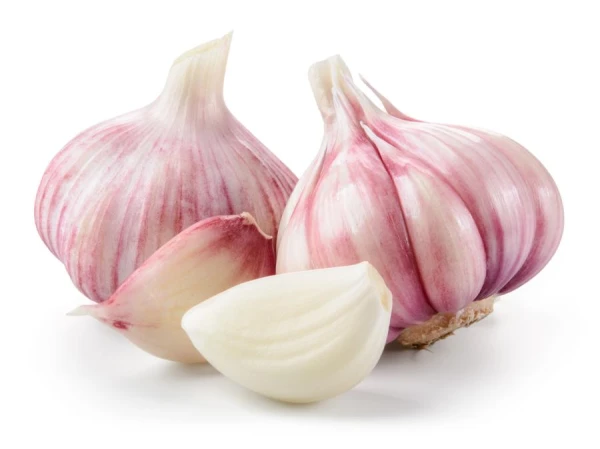
The seeds of this herb possess numerous unique properties. Regularly adding them to the diet may help lower levels of bad cholesterol and blood sugar. The conclusions of Iranian scientists have attracted the attention of the global community.
Fenugreek seeds, which have become the subject of study by scientists from Isfahan University of Medical Sciences in Iran, have been known since ancient times. The great physician Hippocrates used them as a calming remedy for treating nervous disorders.
In China, fenugreek seeds were used as an aphrodisiac. In Ancient Egypt, they were part of balms, and in Russia, they were given to horses, making them stronger and healthier.
Iranian researchers focused on the ability of fenugreek seeds to alter the structure of bad cholesterol and blood sugar levels. In their work, they analyzed existing data, systematized findings, and reached a conclusion they decided to publish in the journal Phytotherapy Research.
According to them, fenugreek seeds, rich in unique nutrients, can lower levels of bad LDL cholesterol and increase levels of good HDL cholesterol when consumed regularly. Another valuable feature of this spice is its effect on blood sugar levels, which can be beneficial for diabetics.
Fenugreek, or shambala, as it is called in its native India, is an important component of many well-known spices. It is impossible to imagine dishes like curry and khmeli-suneli without it. The seeds are added to sauces, side dishes, salads, and hot dishes, as well as used in baking bread, rolls, and flatbreads, and in the production of cheese and confectionery.
Scientists emphasize that fenugreek seeds cannot replace statins, but their beneficial properties should not be ignored if there are no contraindications. Research on the plant continues to confirm these findings.













